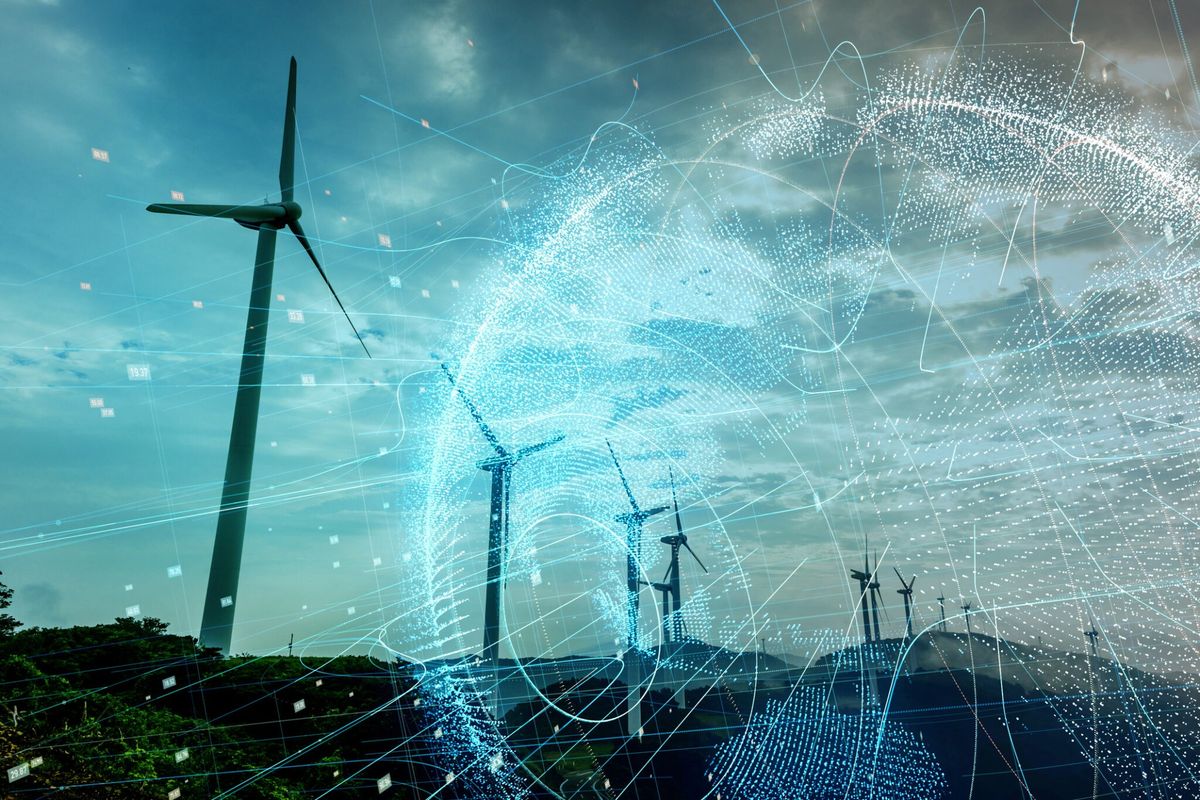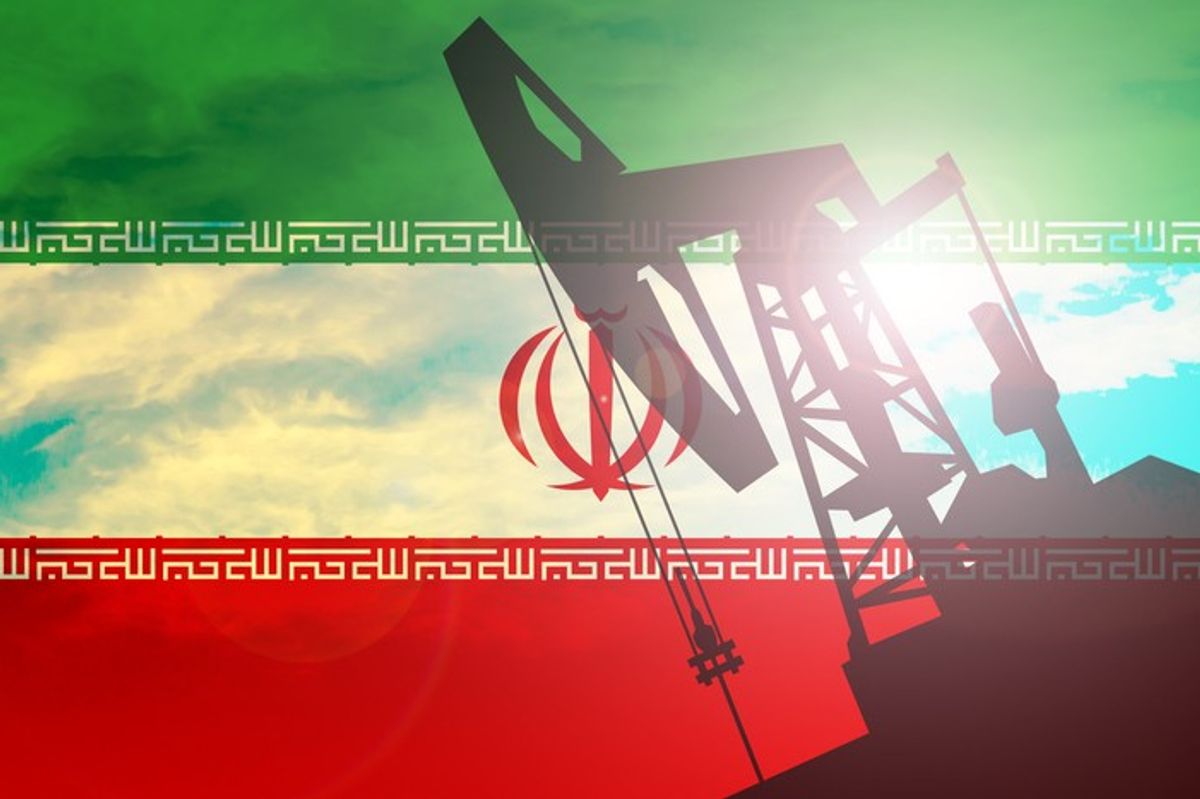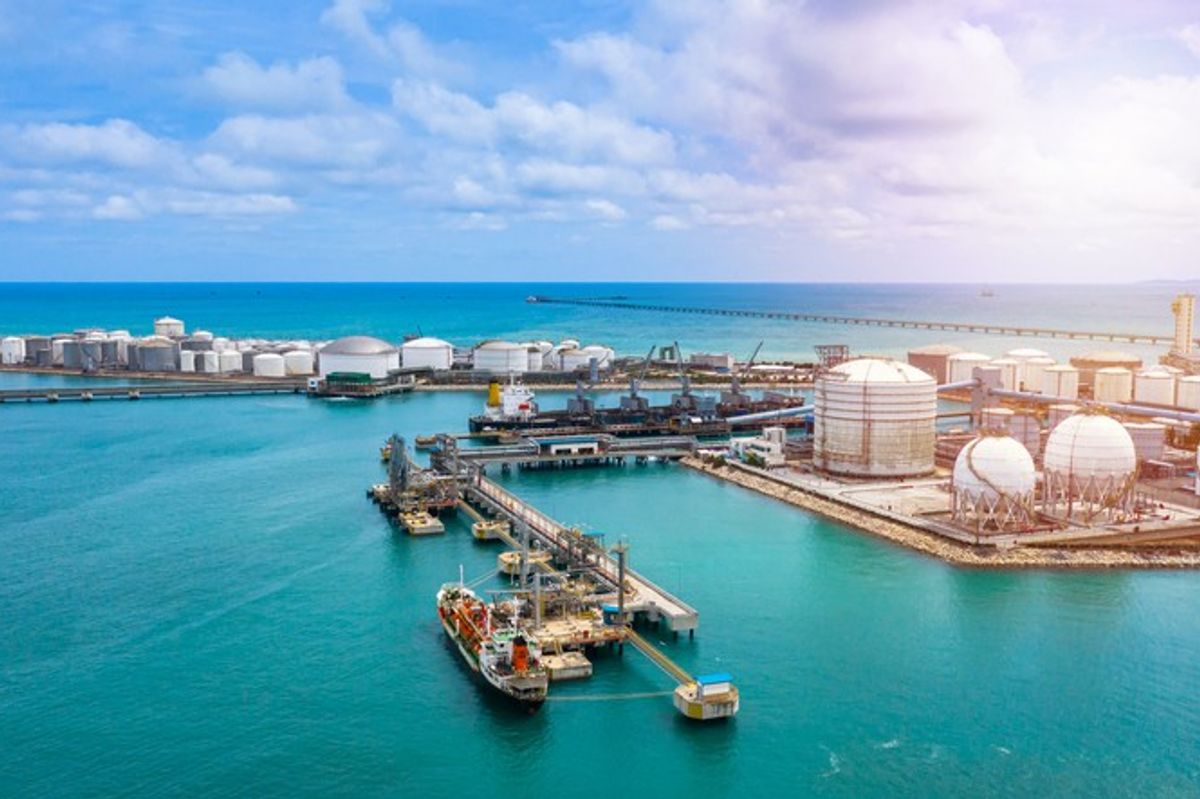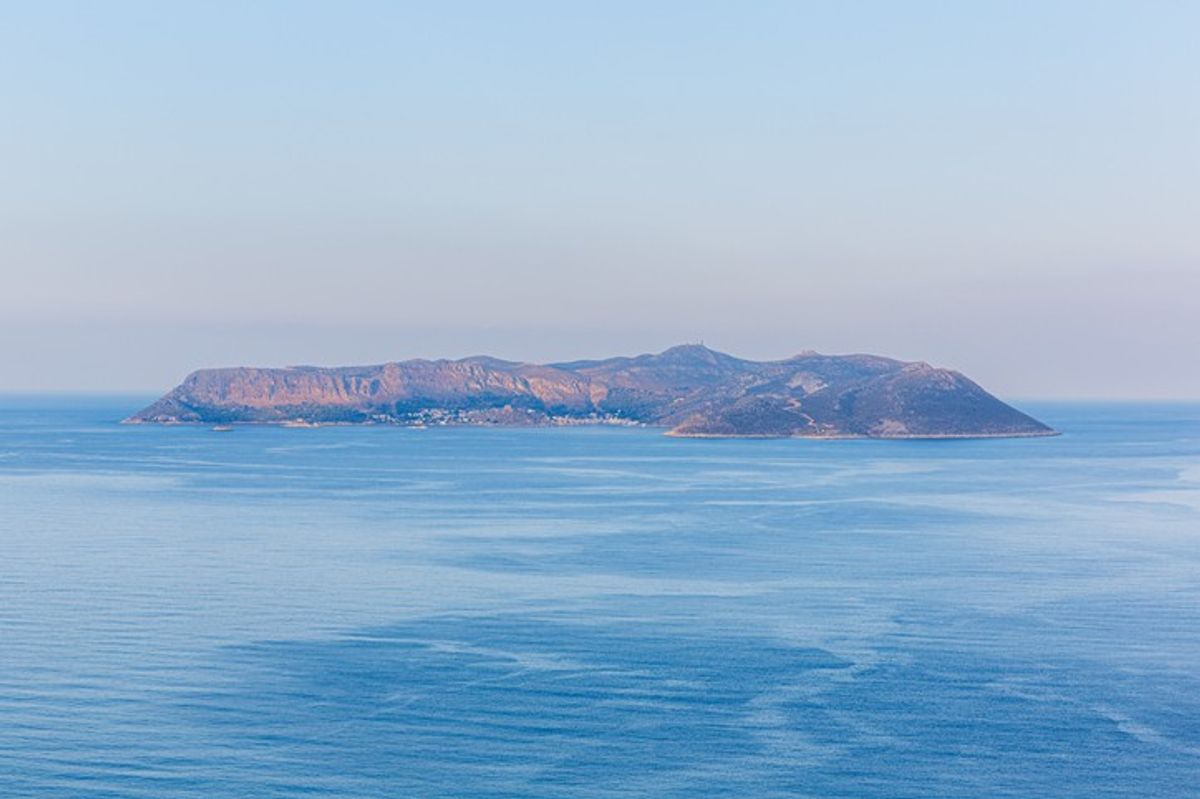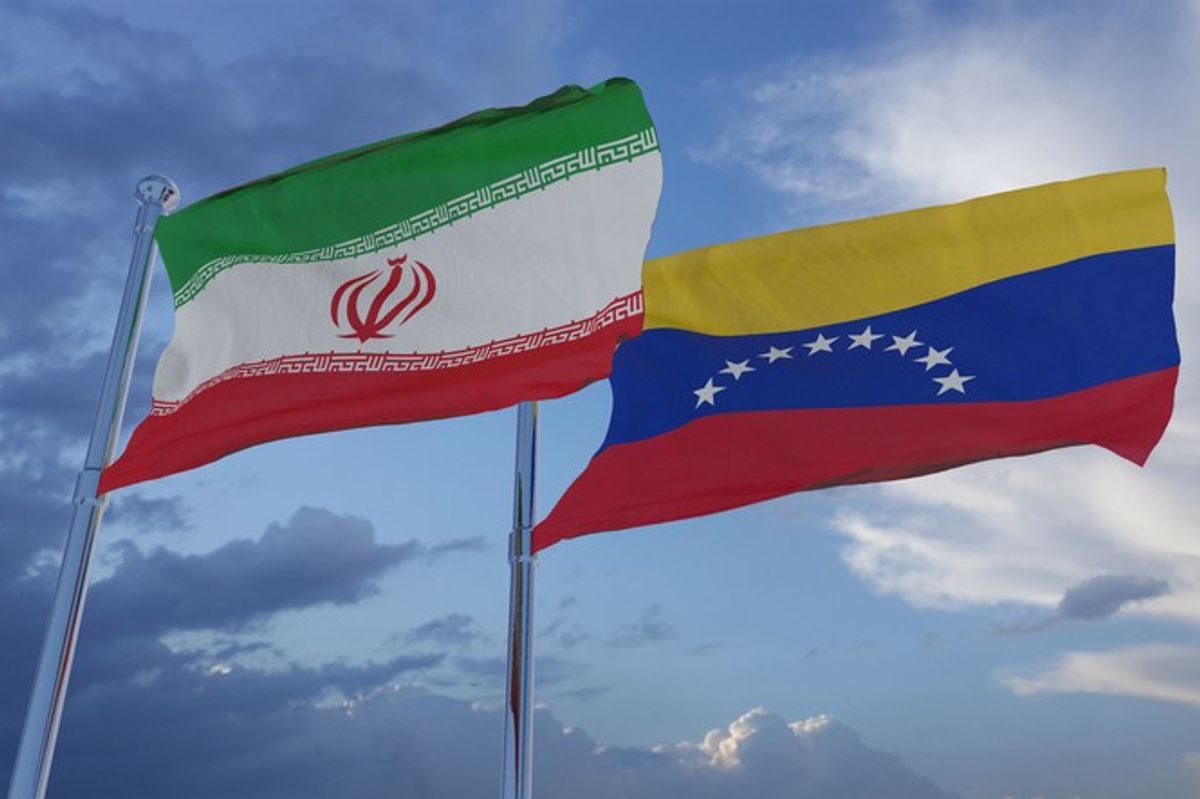Since 2014, Algeria has been facing a major economic threat to its stability, as the 98 percent of its export revenue coming from hydrocarbons has fallen by more than 50 percent to date. Coupled with a significant fall in export volume of oil and gas since 2008, the future of Algeria’s economic model is bleak and unsustainable.
Algeria is home to nearly 40 and a half million people, with about one million births annually, according to a 2015 census. The government must ensure the economy grows by at least seven percent per year to provide the necessary education, food security, housing, and jobs for an ever-growing young population.
After the 1990s Algerian Civil War between the government and fundamental terrorist groups, also known as the Black Decade, President Abdelaziz Bouteflika managed to restore peace and reconciliation. Over the last 15 years, Algeria has brought in an estimated $800 billion of export revenue.
Most of this money was allocated to infrastructure to make up for the absence of public spending in the 1990s, when Algeria had to go through International Monetary Fund (IMF) structural readjustment and debt rescheduling.
Today, Algeria's economy is debt free and holds around $140 billion of foreign exchange reserves. But the country faces two main challenges: reducing its subsidies for basic necessity products and cutting government spending; and increasing its revenues by expanding its agricultural, industrial, and tourist sectors.
President Bouteflika, who has been in power since 1999, is a liberal who believes in a free market economy. His successive governments have shifted the Algerian economy from a full state-owned planned economy to a free market economy. Yet the government has maintained the socialist dimension, with free access to health care, free education for all, housing, subsidies, and jobs through State Owned Enterprises (SOEs). Because the current administration does not want to put these privileges at stake, it has been resisting changes and delaying the much needed deep economic reforms to reduce government expenditures and diversify the economy.
The Algerian government has announced that a new economic model will soon be unveiled. This model promises to address a new investment law (drafted this year to incentivize investment in Algeria’s non-oil sector) and major concerns regarding the diversification of the economy called for by the national and international business communities.
Attracting foreign direct investment (FDI) has been one of President Bouteflika’s main focuses. FDI substantially increased in the early 2000s, first in the oil and gas sector and then in basic commodities (water, electricity, telecom, transport, agro-food, etc.). However, delinquent behavior by some investors – like Egyptian company ORASCOM and Algerian so-called golden boy Khalifa with Khalifa Bank & Airline –led to second thoughts by President Bouteflika and his administration, regarding the extent to which the Algerian economy should be accessible to foreign investors, who repatriated billions of dollars of profits without providing a benefit to Algeria’s economy.
As a response to all of this and the 2008 economic crisis, a budget law was drafted in 2009 that significantly restricted international trade, foreign investment (with the 49/51 law, in which foreign investors can hold no more than a 49 percent stake in local companies), and certain private investments that now have to be approved by the government through the CNI (Conseil National de l'Investissement).
Today, an overall consensus has emerged that concludes exceptional measures need to be implemented so that Algeria can rely more on private investment and FDI. That is why the government is reconsidering its economic doctrine, yet again.
The new economic model and the revised investment law for non-oil sectors when implemented will certainly provide some answers concerning the future of the 49/51 law for FDI, which will likely provide more flexibility, allowing U.S. companies and others to enjoy up to 100 percent ownership and dividends for their operations in Algeria.
The international community, in particular the U.S. government and American businesses, must encourage and support the economic efforts of Algeria. Access to the World Trade Organization (WTO) should be opened for Algeria, technical support to governmental policies should be provided, and IT technologies for full e.Government deployment should be supplied.
Security concerns in the region should be addressed collectively. Algeria can help by exporting its economic model, which although faltering now and needing serious revision, allowed the country to regain strength after the 1990s Black Decade, to neighboring countries afflicted by poor economies and Islamic extremism. The Maghreb – that is, the western North Africa countries of Algeria, Tunisia, Libya, Morocco, and Mauritania – is a region of 150 million people with a growth potential of at least 7 percent and a combined GDP exceeding a trillion dollars. Algeria plays a large role in helping this region and beyond secure a stable, prosperous, and peaceful future.




